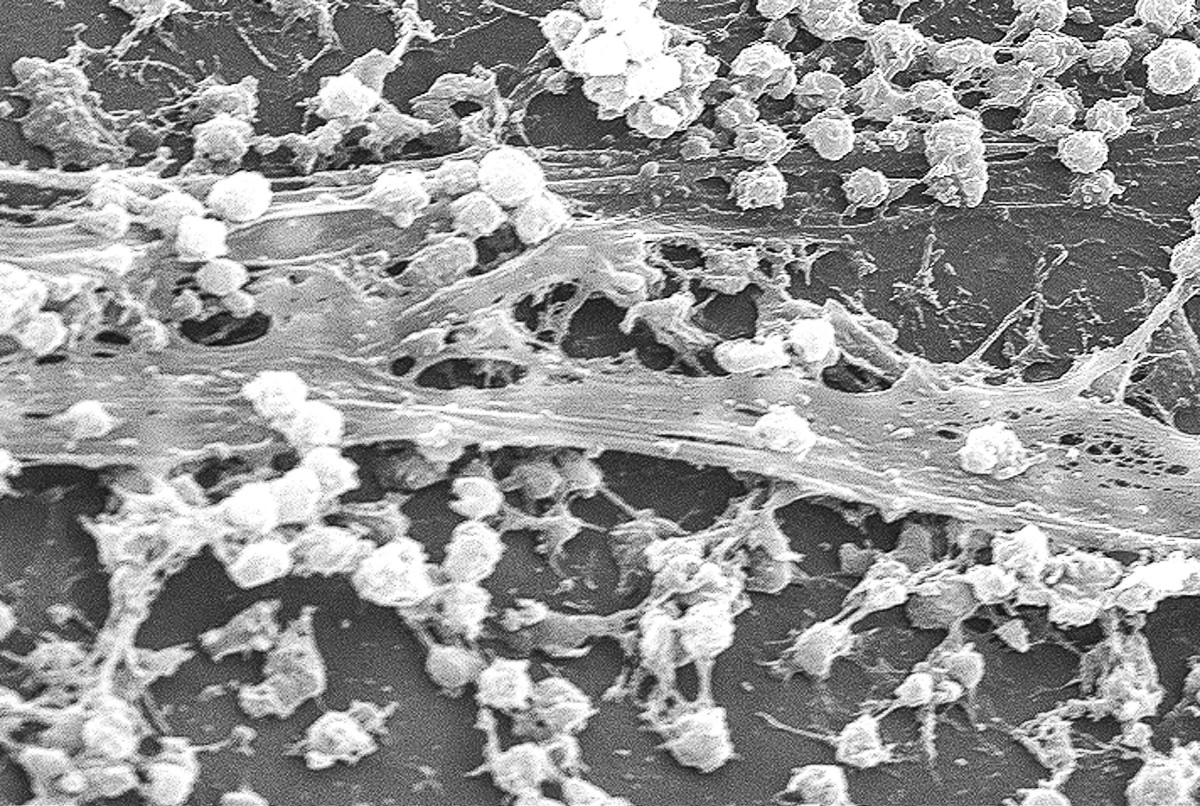Why does dyshematopoiesis occur in some infections like Trypanosomosis?
Hematopoiesis (hemopoiesis), also used to mean erythropoiesis, is the production of red blood cells from the blood forming tissues of the body. This process goes on within a specific rate in order to maintain and balance the normal body red blood cell destruction. This is necessary because of the need and importance of maintaining the normal level of oxygen in circulation for tissue use in addition to other functions of the red blood cells (RBC). It follows that if the body fails, for any reason, to maintain a normal RBC value and allows it to fall below normal then a condition, anemia, results with further consequences like tissues deprivation and toxicity.
As a medical student and in the writer’s study of the pathogenesis of anemia in trypanosomosis, it was mentioned that the cause of the anemia is multi-factorial. However, four important factors were mentioned and they include:
1) Hemolysis
2) Hemodilution
3) Dyshematopoiesis
4) Wide spread hemorrhage
The interest of the writer, here, is on dyshematopoiesis because the other factors are more readily related to the parasitic activities of the trypanosomes. Dyshematopoiesis can literally be defined as defective production in RBC’s. However, like the pathologist said in the course of the lecture, dyshematopoiesis can also be seen as an imbalance in the production of RBC’s in that the body at such time produces more leucocytes at the expense of RBC’s. It is for these reason that the writer wondered why would the body choose to produce less red blood cell at such a time when the body should need more of it because of the on going destruction of RBC’s caused by the parasite.
In an attempt to understand the situation and why such an alteration may be necessary even though it harms the body, we shall consider it by two ways.
1) The parasite (some species) targets the RBC’s and it also causes the Antibody produced against it to complex with the RBC’s thereby causing the destruction of RBC’s by phagocytosis. Therefore, in assumption, decreasing the RBC production will indirectly reduce the rate and speed of replication of the parasites even though they replicate periodically. Moreover, any newly produced and infected RBC’s will be destroyed so reducing the rate of RBC production may be a means of reducing RBC destruction.
2) The body at this stage is at war with the parasite and needs more soldiers, leucocytes and lymphocytes, for the battle however, it may have to be at the expense of less RBC production. Then the body chooses to produce more soldiers for the battle with the intention that it can handle it fast and get things back to normal but the antigenic variation of the parasite makes it difficult for the immune system to handle and it has been said that the parasite can and do cause immune suppression by its ability to overwhelm the body defense system. When that happens the body will be waken further and depletion and exhaustion will make it difficult to get things back to normal and these includes the normal red blood cell level so anemia does not only set in but it can be accompanied by other complications.
Lastly, dyshematopoiesis in the sense of defective RBC’s production is likely to happen depending on the extent of the parasitaemia and how rapidly the body needs to produce the RBC’s.
In conclusion, like the pathologist said the pathogenesis of the anemia is trypanosomosis is multi-factorial. Some people maybe of the opinion that dyshematopoiesis as used by the pathologist is wrong a option taken by the body in an attempt to combat the parasite yet other indications suggest that the anemia will still occur with or without dyshematopoiesis but it is likely to occur faster if dyshematopoiesis is used, only, to mean production of detective red blood cells when not accompanied by an increase in leukocyte production.








